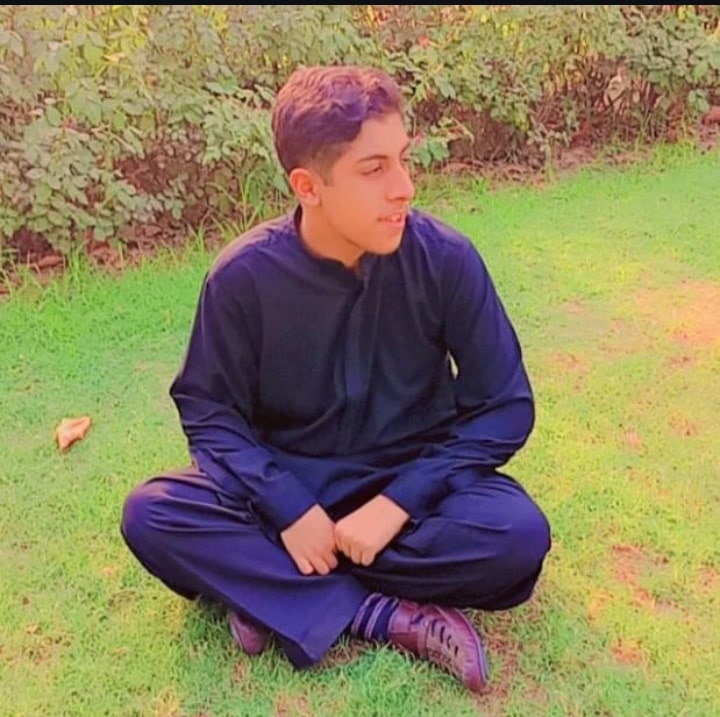The virtue of sending a great deal of blessings upon the Prophet ﷺ is one of the most rewarding acts of worship in Islam. When a believer engages in sending blessings upon the Prophet ﷺ, it becomes both a form of dhikr (remembrance of Allah) and a du‘aa’ (supplication) that carries immense reward. Scholars explained that this practice leads to forgiveness of sins and brings ease in all matters. Through salawat, a Muslim connects with Allah while honoring Prophet Muhammad ﷺ. It is not only a sign of love and respect but also a means of having concerns taken care of in both worldly and spiritual life.
Ruling on Making All Du‘aa’ The Virtue of Sending a Great Deal of Blessings upon the Prophet
Scholars agreed that Islamic supplications should not be abandoned entirely. Prophet Muhammad ﷺ himself taught many du‘aa’s for health, protection, guidance, and forgiveness. Yet, when one chooses to make more salawat, it does not mean they lose out on those benefits. In fact, salawat combines both prayer and praise, making it unique among acts of worship.
The Fataawa al-Lajnah ad-Daa’imah clarified that the status of hadith (saheeh, hasan, da‘eef) on this topic encourages believers to increase blessings but not to neglect other prayers. So, a balanced approach is needed. Replacing all du‘aa’ with salawat can be an exaggeration, but dedicating a great portion brings enormous blessings. It is like multiplying your worship while also fulfilling your own needs indirectly.
All Du‘aa’ as Salawaat upon the Prophet ﷺ
The hadith of Ubayy ibn Ka‘b gives a beautiful insight here. When he asked the Prophet ﷺ how much of his du‘aa’ (supplication) should be blessings, he received a gentle answer: “Whatever you wish, and if you do more, that is better.” Finally, Ubayy said he would dedicate all his du‘aa’ to salawat, and the Prophet ﷺ promised, “Then your concerns will be taken care of and your sins will be forgiven.”
This does not mean believers should abandon personal requests. Instead, it shows the incredible weight of salawat. Ibn Taymiyyah explained in Majmoo‘ al-Fataawa that this form of worship combines praising Allah and honoring His Messenger. As a result, blessings cover all religious and worldly concerns. Imagine focusing only on salawat, yet Allah still answers what you never asked for.
Praise be to Allah, and blessings and peace be upon the Messenger of Allah
Muslim writers and scholars often begin with this phrase because it sets a tone of humility. Starting with worship and veneration of Allah, and then blessings upon Prophet Muhammad ﷺ, is both etiquette and devotion. For example, classical texts like Mirqaat al-Mafaateeh and Daleel al-Faaliheen begin with these words, showing how they viewed it as essential.
In daily life, Muslims in America can use this tradition before writing emails, starting speeches, or even before making important decisions. It reminds the heart of who we depend on and why we send blessings. It is more than a phrase; it is an act of connection between the believer and the Divine.
Hadith of Ubayy ibn Ka‘b on Making Du‘aa’ Sending Blessings upon the Prophet ﷺ
The At-Tirmidhi hadith narrates that Ubayy ibn Ka‘b once asked the Prophet ﷺ about the portion of time he should dedicate to blessings. The Prophet ﷺ allowed freedom, saying that more is always better. When Ubayy said all of his du‘aa’ would be blessings, the Prophet ﷺ gave him the glad tidings of forgiveness and ease.
Scholars like Ibn Hajar al-‘Asqalani and Al-Albaani graded this narration as hasan or saheeh, though some questioned its chain. Imam Ahmad and others considered certain narrators weak. Despite that, the meaning remains sound because it aligns with other Islamic principles. The status of hadith (saheeh, hasan, da‘eef) therefore plays a key role in how scholars understood and applied this teaching.
Meaning of “Making All Du‘aa’ Sending Blessings upon the Prophet ﷺ” in the Hadith of Ubayy ibn Ka‘b
When the hadith says “all my du‘aa’,” it does not mean ignoring every other prayer. Rather, it suggests that dedicating one’s Islamic supplications as salawat is enough to cover personal needs. Ibn Taymiyyah in Majmoo‘ al-Fataawa explained that Allah grants the believer’s wishes because blessings include both praise of Allah and love for His Messenger ﷺ.
This view is supported by Mulla ‘Ali al-Qaari in Mirqaat al-Mafaateeh, who noted that such worship brings hidden blessings. Salawat becomes a shield for religious and worldly concerns, ensuring peace in life and safety in the afterlife. Thus, it is not a replacement but a higher form of supplication.
Scholarly Explanations of the Hadith on Making All Du‘aa’ as Salawaat upon the Prophet ﷺ
Many scholars provided commentary. Ash-Shawkaani in Tuhfat adh-Dhaakireen wrote that salawat removes troubles and leads to forgiveness. Ibn ‘Allaan in Daleel al-Faaliheen stressed that every blessing earns multiple rewards, including Allah’s mercy and the angels’ prayers. These works show how powerful this practice is compared to ordinary requests.
Ibn Hajar al-‘Asqalani explained that salawat includes both worship and veneration. By focusing on it, one does not miss out on personal needs because Allah Himself takes care of them. This is why the hadith promises both: “Then your concerns will be taken care of and your sins will be forgiven.” It is a form of divine generosity.
Practical Benefits of Sending a Great Deal of Blessings upon the Prophet ﷺ
The spiritual benefits of salawat are countless. A believer finds inner peace, relief from stress, and closeness to Prophet Muhammad ﷺ. Forgiveness, answered prayers, and divine mercy follow those who practice this daily. Historical cases show that many scholars, when overwhelmed, turned to salawat and saw their hardships lifted.
Consider this table showing how scholars described its benefits:
| Scholar | Explanation | Outcome |
| Ibn Taymiyyah | Salawat replaces personal du‘aa’ | Concerns taken care of |
| Ibn Hajar al-‘Asqalani | Salawat combines praise and prayer | Forgiveness of sins |
| Ash-Shawkaani | Salawat removes worries | Peace in heart |
| Al-Albaani | Graded hadith authentic | Encouraged daily practice |
For Muslims in America facing fast-paced life, this practice is a tool for balance. It eases the burden of stress and connects them to a spiritual source beyond this world.
FAQ’s
What is the virtue of sending blessings upon the Prophet ﷺ?
The virtue of sending blessings upon the Prophet ﷺ is that Allah forgives sins and removes worries. It brings mercy, peace, and countless rewards in this world and the next.
How does sending blessings upon the Prophet ﷺ affect du‘aa’?
When you focus on sending blessings upon the Prophet ﷺ, your du‘aa’ (supplication) is elevated. Scholars said Allah answers needs directly because blessings combine praise, prayer, and worship.
What did Ubayy ibn Ka‘b learn about sending blessings upon the Prophet ﷺ?
Ubayy ibn Ka‘b asked about dedicating all prayers as blessings. The Prophet ﷺ promised that through sending blessings upon the Prophet ﷺ, worries are removed and sins forgiven.
Why do scholars emphasize sending blessings upon the Prophet ﷺ?
Scholars like Ibn Taymiyyah and Ibn Hajar explained that sending blessings upon the Prophet ﷺ carries great weight. It unites worship, remembrance, and forgiveness, covering both worldly and spiritual needs.
What benefits come from sending blessings upon the Prophet ﷺ often?
By constantly sending blessings upon the Prophet ﷺ, believers gain peace, ease, and divine support. The Prophet ﷺ taught that Allah cares for all concerns and grants forgiveness.
Conclusion
ChatGPT said:
The practice of sending blessings upon the Prophet ﷺ is a source of peace and mercy. When you keep sending blessings upon the Prophet ﷺ, your worries are lifted. Allah promises forgiveness and relief to those who increase in this act. Scholars explained that sending blessings upon the Prophet ﷺ combines worship, praise, and supplication. It is a simple but powerful way to connect with Allah.
Believers should never forget the value of sending blessings upon the Prophet ﷺ. Every time you say it, angels reply with prayers for you. Through sending blessings upon the Prophet ﷺ, your sins are forgiven and your concerns are taken care of. The Companions made it a habit, and so should we. By sending blessings upon the Prophet ﷺ often, you gain reward in this world and the next. This is true spiritual success.

Welcome to Blessing Aura! I’m Muhammad Anas, an Digital Marketer and Ebay Dropshipping Expert with 1 year of experience, I help business, brands and store to grow online. My goal is to run ads and sell effective products for everyone, Let’s achieve more together!

